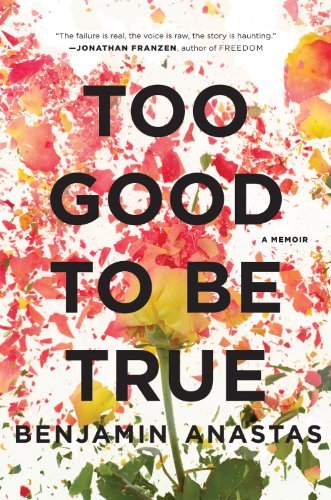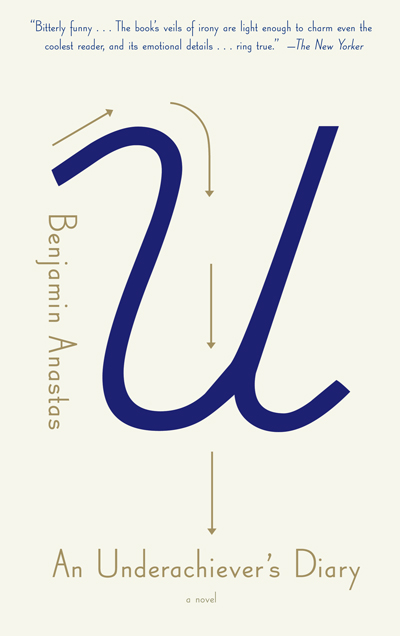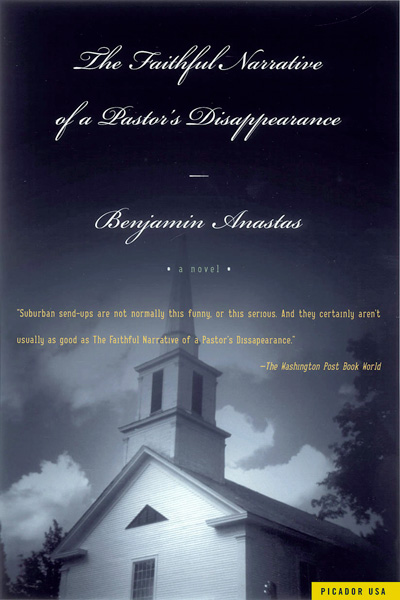In July of last year, when I posted the first “complaint” on this blog, I’d imagined coming back every couple of weeks and sharing the thoughts that I’d been wrestling with, especially the ones that pertained to technology, social media, online community—the realm of the glowing screen. I’d pictured myself weighing in on the same issues that fueled blog posts and trend pieces and dutifully awed (or worried) op-eds, TED talks and pre-packaged book ideas that arrive on the bookshelf already digested for you so you can forget them without guilt.
A funny think happened on the way to being a blogger, though: I realized that I didn’t care. That is, I didn’t care enough to sit down and weigh in on the prevailing topics of the pundit class—even the cultural pundit class—when I could be outside with the sun on my face, or inside checking the baseball scores, or working my way down the daily to-do list (and my God, do I have a daily to-do-list, now that I’m in the habit of making them). I was reading Thoreau’s essay “Walking” the other day for a class that I’m teaching on the Transcendentalists, and a passage stopped me short:
But it sometimes happens that I cannot easily shake off the village. The thought of some work will run in my head and I am not where my body is,—I am out of my senses. In my walks I would fain return to my senses. What business have I in the woods, if I am thinking of something out of the woods?
A return to the senses: that’s the losing battle I fight all day. I can feel my senses bleeding out of me from the moment I wake up, put on the espresso and sit down at the computer screen to see what happened overnight. Thoreau had his woods to bring him back to a feeling state, to make him aware of the world around him and return him to “innocency.” But what do we have? Just as Thoreau had no business being in the woods if he was thinking of the village, I have no business being in the village when I’m thinking of the woods. So I will not be blogging here, or elsewhere, except when I have reason to come out of the woods—when I have business. That is my solemn promise to you, and I am aim to keep it.
My father has a book coming out later this year, a selection of the newspaper columns that he wrote for The Gloucester Daily Times in Gloucester, Massachusetts between 1978 and 1990. I wrote the introduction, an assignment I knew I had to take as soon as he asked me. (And I am generally of the Bartelby school when it comes to introductions, which can be a bane if you let them: “I would prefer not to.”) My father was a mystery to me when I was growing up, someone who I loved but didn’t really know; someone who was there but not there; someone who I could feel myself becoming even as I resisted it—and the larger part of me was nothing like him. It’s the same with all fathers and sons, I think, and I wanted to write a little bit about coming to know my father through his newspaper columns, what he revealed in print, as writers do, and didn’t always reveal in person—being a father, those hieroglyphs of urgent meaning. Here it is:
“The letters from Gloucester came regularly and I always knew what was going to be inside. First, a pink message slip from my father’s office that he had typed a note on—a few lines about the weather, usually; his further thoughts about a subject that we’d talked about on our last every-other-weekend visit to see him in Riverdale; an explanation about what he’d enclosed. Then came the Xerox, which could be two things: there were the Police Notes from The Gloucester Daily Times, a weekly deadpan rendering of crimes involving buckets of rotting bait, Peeping Toms in Santa suits (if it was around the holidays), assaults with frozen scrod; then there was the column he wrote every week, ‘This Side of the Cut.’ The Police Notes were a comic teaser, like the old shorts they used to play at the Harvard Square Theater in Cambridge back when it still only had one screen. With darker undertones that my father knew all too well from his day job at the local antipoverty agency Action, Inc. The columns were the feature attraction, though, and I read them dutifully, carefully, no matter what they were about. The closing of Gloucester’s neighborhood schools; an elderly couple who picked dandelion greens on his property every year; the fight against McDonald’s moving into Gloucester, followed by the inevitable battle to keep Burger King from forcing their way in too. He wrote about subjects that had nothing to do with Gloucester often enough—I remember one column in particular about the posthumous Hemingway novel The Garden of Eden, the first time I was ever quoted in print as an authority—but ‘This Side of the Cut’ was really my father’s dialogue with Gloucester about its unsettled present, its past hiding in plain sight, the future the city and its planners were forging as he wrote.
I was always a little jealous of Gloucester, to be perfectly honest. How could my father be so thoroughly from a place, be able to walk its streets with you and tell you just what captain had lived in the house behind the tall hedges, which abstract-expressionist painter had rented what cottage? How could the Hovey School keep pulling him back on our puttering car rides through town in his VW Beetle and the keftedes still be simmering on his Yiayia’s stovetop? Why was he always sitting at his typewriter on Sundays at his house to write another column about Gloucester instead of playing slot-cars or excavating underneath the windows of the Old Riggs House with us? In the zero-sum emotional logic of childhood, Gloucester had our father’s ardor all the time, seven days a week, while we only got him on the usual divorced-Dad schedule of alternating weekends, every-other Christmas, etc. How could our father love a city, I wondered—one that smelled like ripe fish on certain days, no less, and didn’t even have a video arcade—more than he loved us?
Like most natives, my father writes, he was ‘born with the salt beat of the sea in my blood.’ I was born in Gloucester too, but I have never been a native. When my parents divorced and my mother moved with us to Cambridge, our blood was filled with other rhythms both natural and manmade. I read my father’s columns to know him, to hear the eerie calling of the loons he heard on Vine Street and the hooting of the great horned owl, to notice the chicory growing on Poplar Street by the Oak Hill Cemetery, to pore over the names of the bus drivers who manned the route to West Gloucester when he was growing up. ‘We are greatly more poetic than we know,’ Emerson wrote in his journal, ‘poets in our drudgery, poets in our eyes, and ears, and skin.’ Reading the columns collected here again, after more than twenty years, I’m struck with how close they make me feel with the writer behind them, how the city of Gloucester, known in its particulars, finds fellowship with every other place on the map. Has any time gone by? Where have these dispatches from the making and unmaking of a city with the oldest waterfront in America come from?
That’s my father at the typewriter. He’s telling us about Gloucester, and what it means to write for its survival.”
My father’s book, A Walker in the City: Elegy for Gloucester, is published by Lost and Found Elsewhere: the CUNY Poetics Document Initiative and Back Shore Press. Buy it at The Bookstore in Gloucester or order it from your local bookseller.








